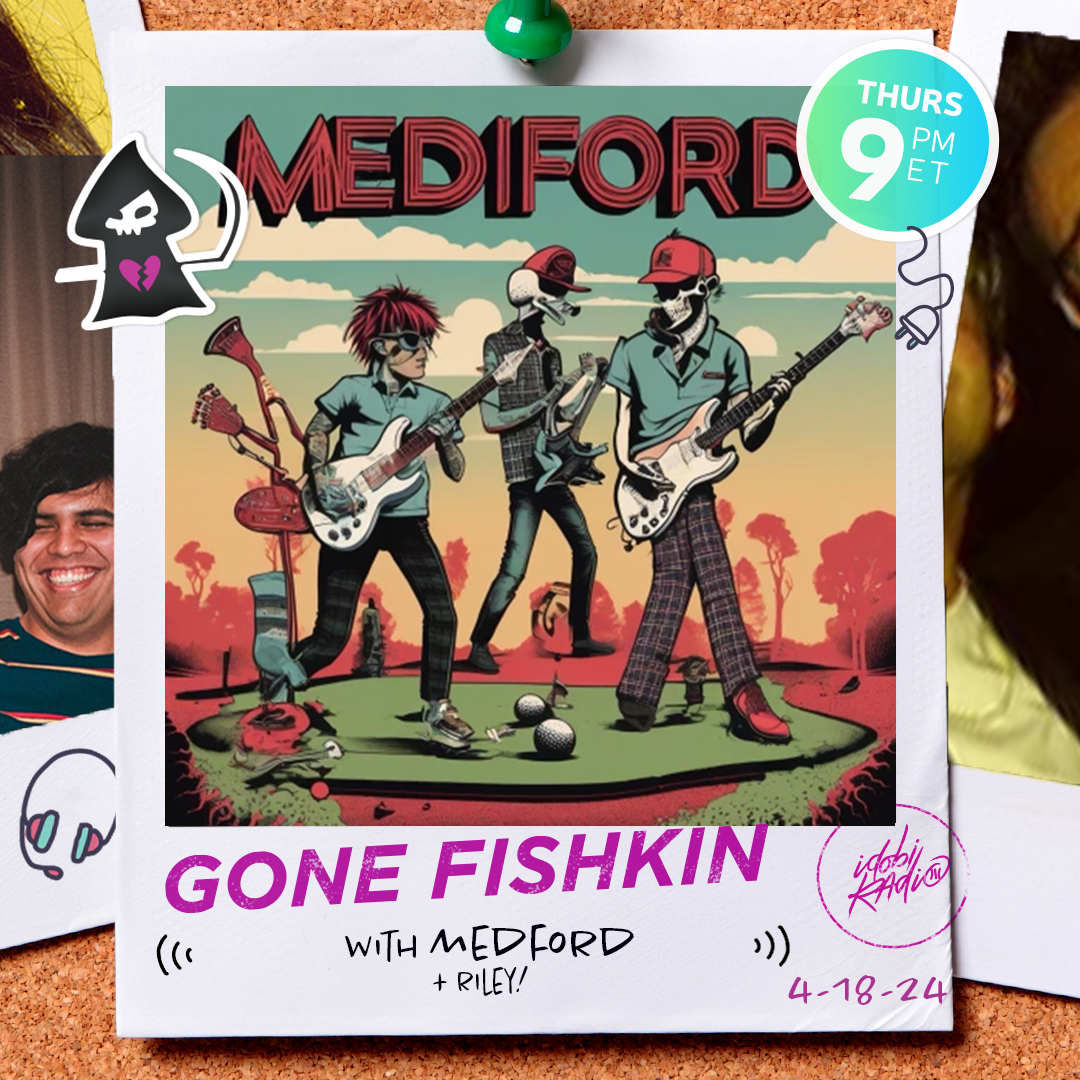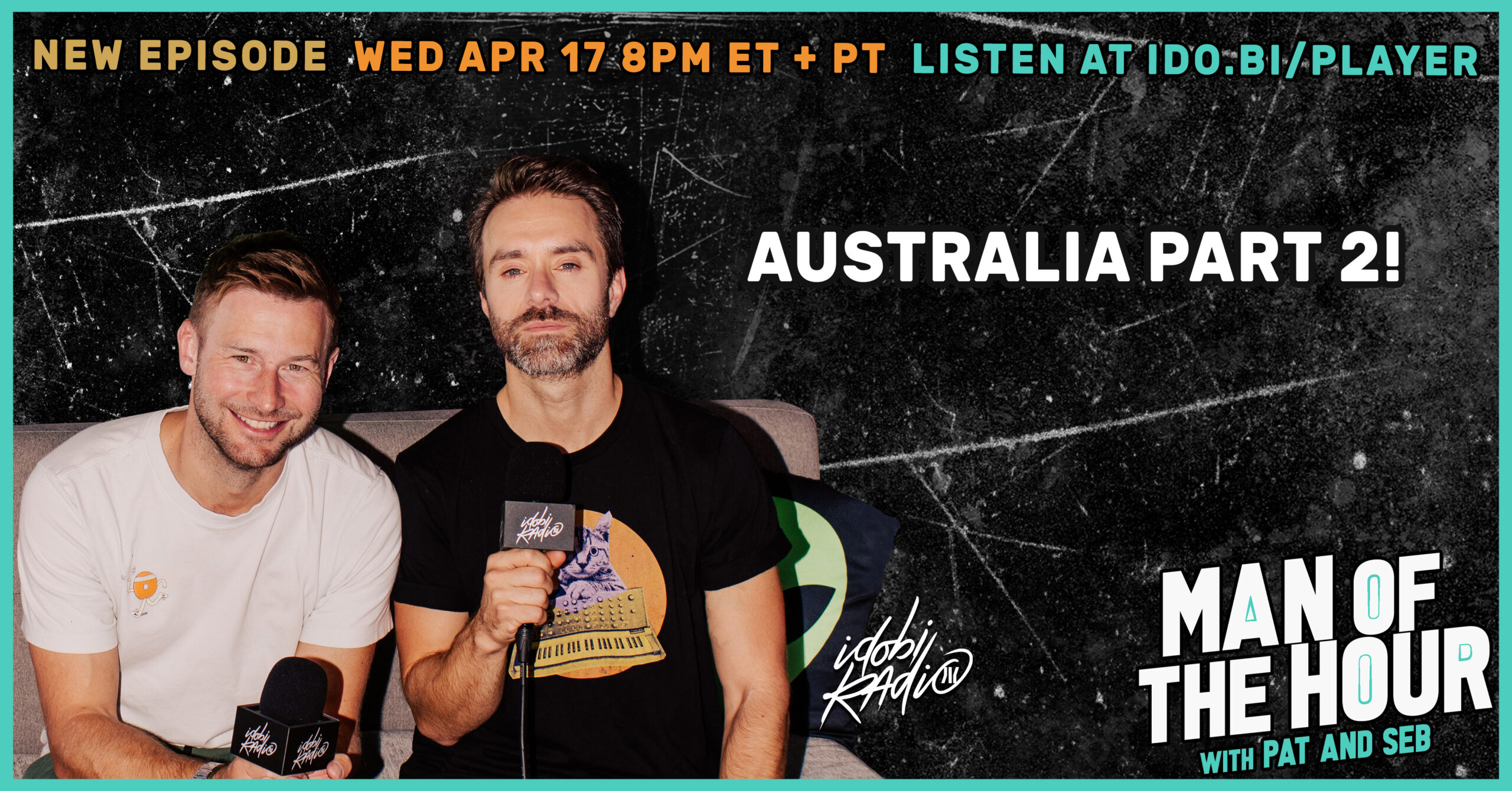The creation of iTunes LP was largely the result of major label pressure on Apple, a series of telling leaks has revealed. Music industry contacts claim that the ‘deluxe’ albums were a necessary part of the same deal that also forced variable song pricing in exchange for an all DRM-free catalog. The RIAA member labels, not Apple, wanted to resuscitate album sales and thought the bundle of special features would achieve the goal.
People aware of the projects, however, have told GigaOM that iTunes LP has had mixed results at best. Since it was launched, the format has only grown to about 29 titles, almost half of which are holdovers from the September launch. Apple went so far as to pay for the productions itself, handing out as much as $60,000 per album to a contractor. The cost is high enough that one contributor doubts any other iTunes LPs would follow if it had to pay a similar amount itself, although added marketing from Apple compensated for the high initial cost.
The iPad has done little to spark interest in the format even though it should be ideally suited to the format, the music business workers said. Many would instead prefer to offer iPhone/iPad/iPod apps, which can not only show many of the same features as iTunes LP but can include live content and other features beyond the initial album.
As such, many industry insiders liken the format to a movie-enhanced physical album launch, such as enhanced CDs from the 1990s or bundled DVDs from this past decade. The format is a bonus for dedicated fans but does little to change the mainstream, which often doesn’t care enough about most artists to pay extra for an album and still prefers to buy the better tracks individually.
Apple has often been singled out by major labels for special treatment as its dominance of digital music, especially in the US, has made them wary of either giving too much control to iTunes or doing anything that would jeopardize its role as the most profitable online music store. Universal and likely other labels are known to have deliberately withheld DRM-free music from iTunes until Apple agreed to variable pricing, even when they had been more willing to offer DRM-free support to services like Amazon MP3 and Napster.
The iPod-friendly music store has also been home to a number of other minor experiments meant to boost multi-track sales, such as “digital 45s” that recreate the heyday of vinyl singles with B-sides.
Tags: iTunes




























